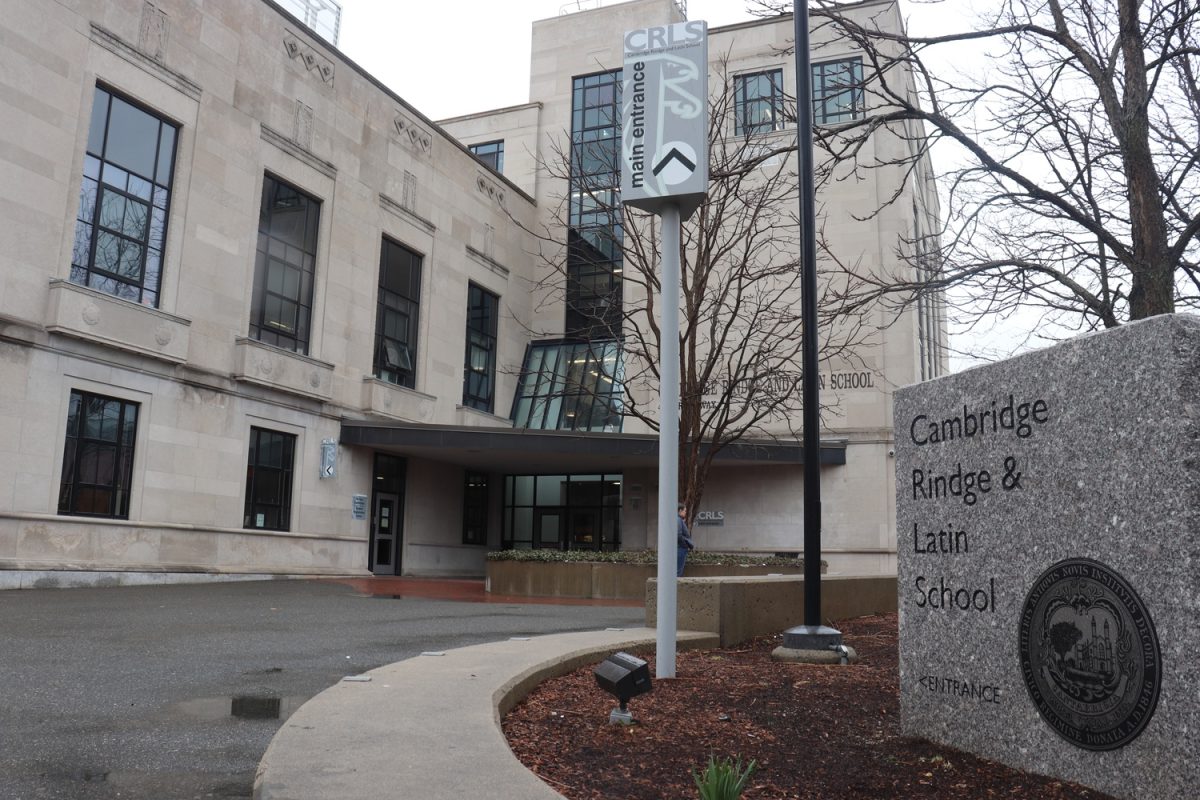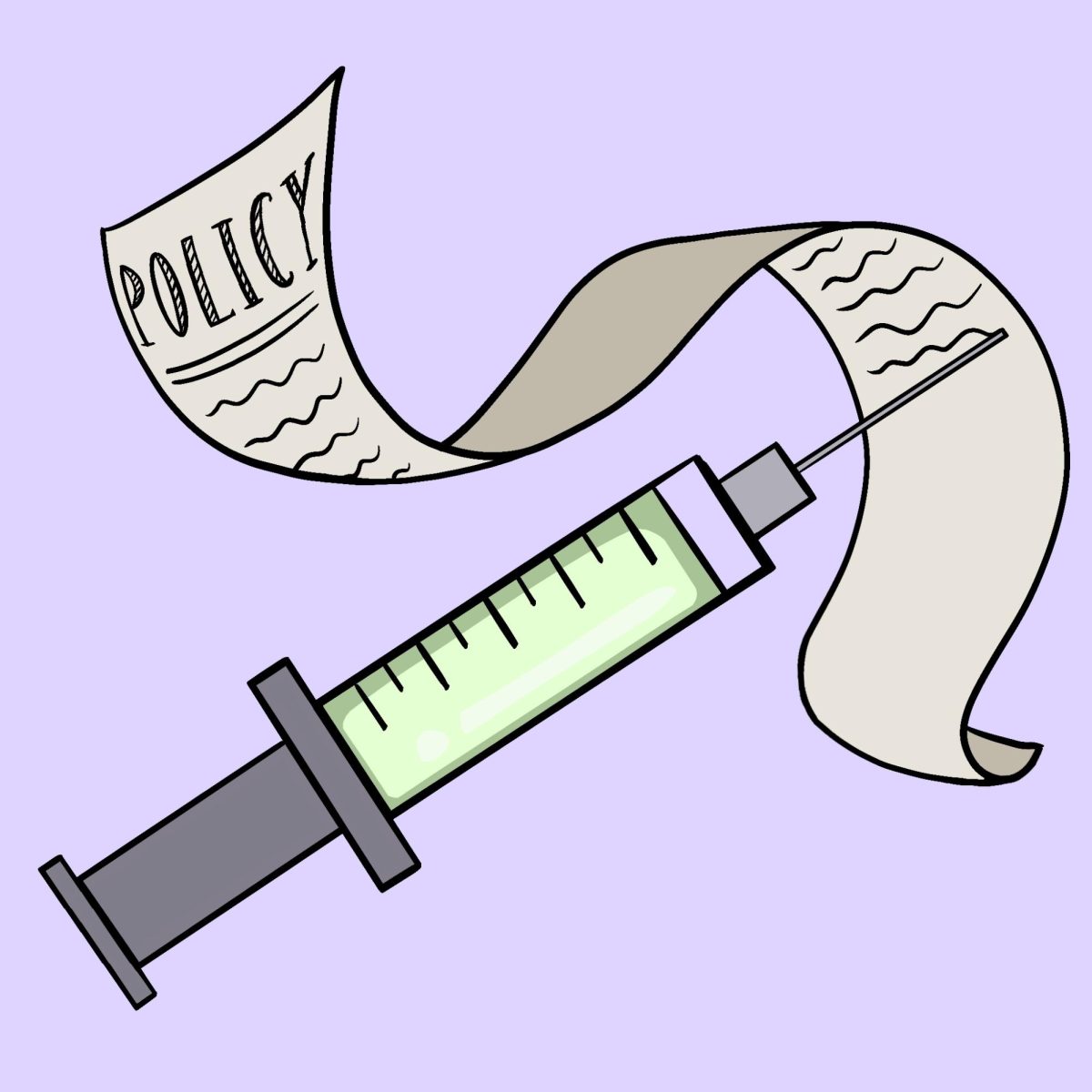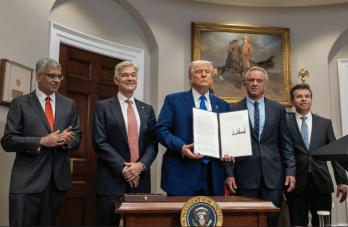On February 28th, 2024, the results of the School Climate Survey were released. The survey asked students, staff, and families how they saw the ‘school climate’, which is defined by CPSD as “perceptions of the overall social and learning climate of the school.” The results of the survey were abysmal.
Studying these results, a distinct pattern emerges: the more involved one is with the district, the lower they rated their experiences with CPS. Parents, who are the most disconnected, viewed it very positively: 70th percentile among the rest of the nation. Teachers, who are more involved, believed that it was not great, but not horrible: 50th percentile. Students, who are ostensibly the most connected with the climate, believed it to be the most inadequate, with results in the bottom 20 percent. Plus, the teachers and students with IEPs (special education students and counselors), who are in need of the most support, expressed dissatisfaction with the climate across the board.
A few weeks after the results were published, a town hall was held at the Media Cafe in CRLS. At this meeting, the district set out to “present the data, share next steps, and answer questions.”
They either aggregated it with the less critical family and faculty data, or presented it in a ‘glows and grows’ manner, obfuscating just how bad the situation is.
As for sharing next steps, administrators employed the generic bureaucratic lingo that politicians might use to dodge a question. When asked about any concrete changes the survey results might provoke, they only mentioned following up with more surveys, and didn’t offer anything in the way of new policy.
There was some pushback, however: three school committee members at the meeting, Elizabeth Hudson, Caroline Hunter, and David Weinstein, were vocally critical of the administration’s shortcomings. Weinstein, who was on the board for special education and student support for two years, told the Register Forum about a program run in tandem with Harvard and EdRedesign called the ‘Success Planning Initiative’. The Harvard GSE describes the program as “promoting a relationship-based, community-grounded strategy that joins individualized student Success Plans with a coordinated system of supports.”
In addition, former mayor of Cambridge and Massachusetts state senator Anthony Gallucio was pressing the administration throughout the meeting. The politician advocated for a “call to arms”, saying that the district used long term plans as a stalling tactic rather than helping solve the issues that plague the district. Both Weinstein and Gallucio agreed that IEP counselors were not getting the help and respect that they deserved, which aided in both fostering an unpleasant work environment, as well as hurting the students.
The bottom line is that CPSD needs to have both better accountability in supporting community members, as well as a better process for solving the problems that do get brought up. While the School Climate survey was a step in the right direction, it reveals the deep ambivalence this administratio














